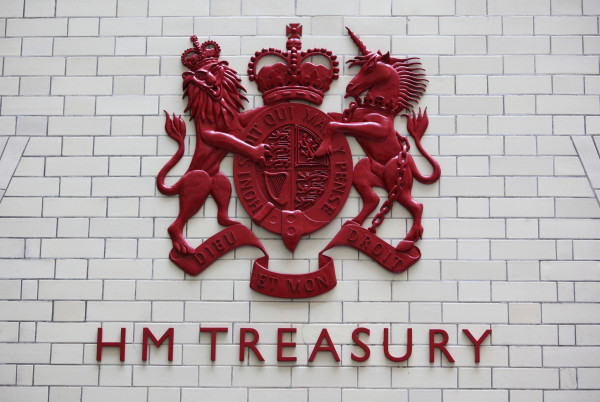

HM Treasury has decided against extending the pensions cold calling ban to unregulated introducers, whose practices were brought to light with the British Steel transfer scandal.
In a letter to Labour MP Frank Field, John Glen, economic secretary to the Treasury, confirmed that the ban will not be applied to in-person approaches from firms that then go on to pass the pension holder to a regulated advice firm to execute, for example, a pension transfer, in exchange for some type of commission.
Mr Glen said: “Cold calling is by far the most common method used to initiate pension fraud and therefore we believe that banning cold calling on pensions is the most effective route to tackling scams.
“For example, in 2013, 97 per cent of pension fraud cases brought to Citizens Advice stemmed from cold calling. The responses to the government’s consultation on pension scams overwhelming supported the ban on pensions cold calling.”
Mr Field, the chair of the Work and Pensions committee, questioned the Treasury about the new ban rules, since one remaining practical question was related to the definition of what constitutes unsolicited direct marketing.
He said during the committee's inquiry in the British Steel Pension Scheme (BSPS), MPs heard "numerous examples of the practice of 'factory gating', whereby promoters working on behalf of financial advice firms would approach scheme members in person".
He said: "These approaches were targeted at a group of people who were already having to make vital decisions about their pensions.
"In such circumstances it is easy to imagine how a skilled marketer could use the opportunity of a face-to-face conversation to gain the trust of a 'prospect' and persuade them into a particular course of action.
"When the 'cold call' is in person, it is not simply a matter of putting the phone down or deleting a spam email."
Mr Glen said that the Financial Conduct Authority (FCA) is “responsible for ensuring a well-functioning market for financial advice”.
He said: “The FCA have taken action to make clear to regulated advice firms where unregulated introducers may try to exercise influence over them.
“The FCA published an alert in August 2016 which highlights some of the risks arising from authorised firms accepting business from unregulated introducers, and in late 2017 reminded pension transfer advisers of their obligations when dealing with unregulated introducers.”
Steelworkers were given until 22 December to decide whether to move their defined benefit (DB) pension pots to a new plan being created, BSPS II, or stay in the current fund, to be moved to the lifeboat Pension Protection Fund.
The scheme has about 130,000 members of which 43,000 are deferred, meaning transferring out of their pension was an option for them.
FTAdviser reported in November that several steelworkers appeared to be transferring out their pensions after being lured by cheap deals by unregulated introducer firm Celtic Wealth Management & Financial Planning, which then referred the clients to advice firm Active Wealth.
The firm, the first one to be stripped of its transfer permissions, has now entered into liquidation.
In May advisers who look for pension transfer business outside workplaces were warned they could risk breaching the Financial Conduct Authority (FCA) rules, as more cases of the practice come to light.
maria.espadinha@ft.com



